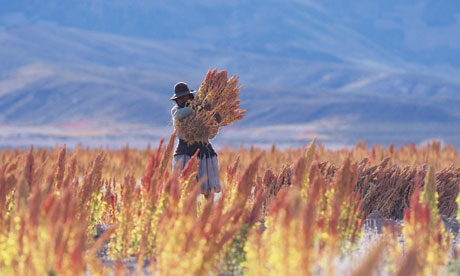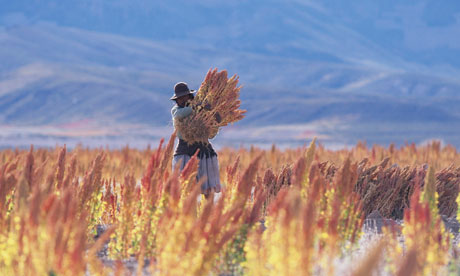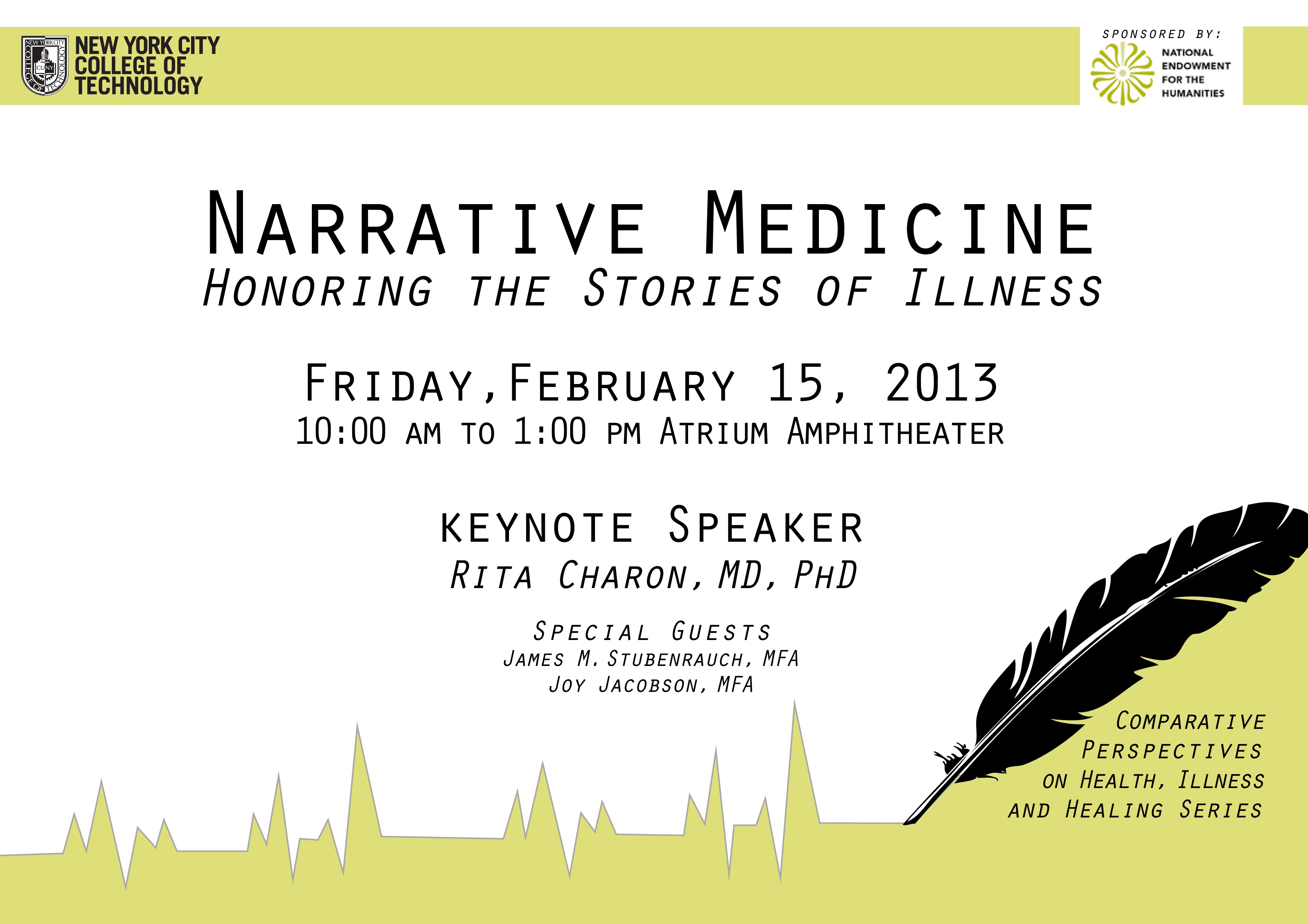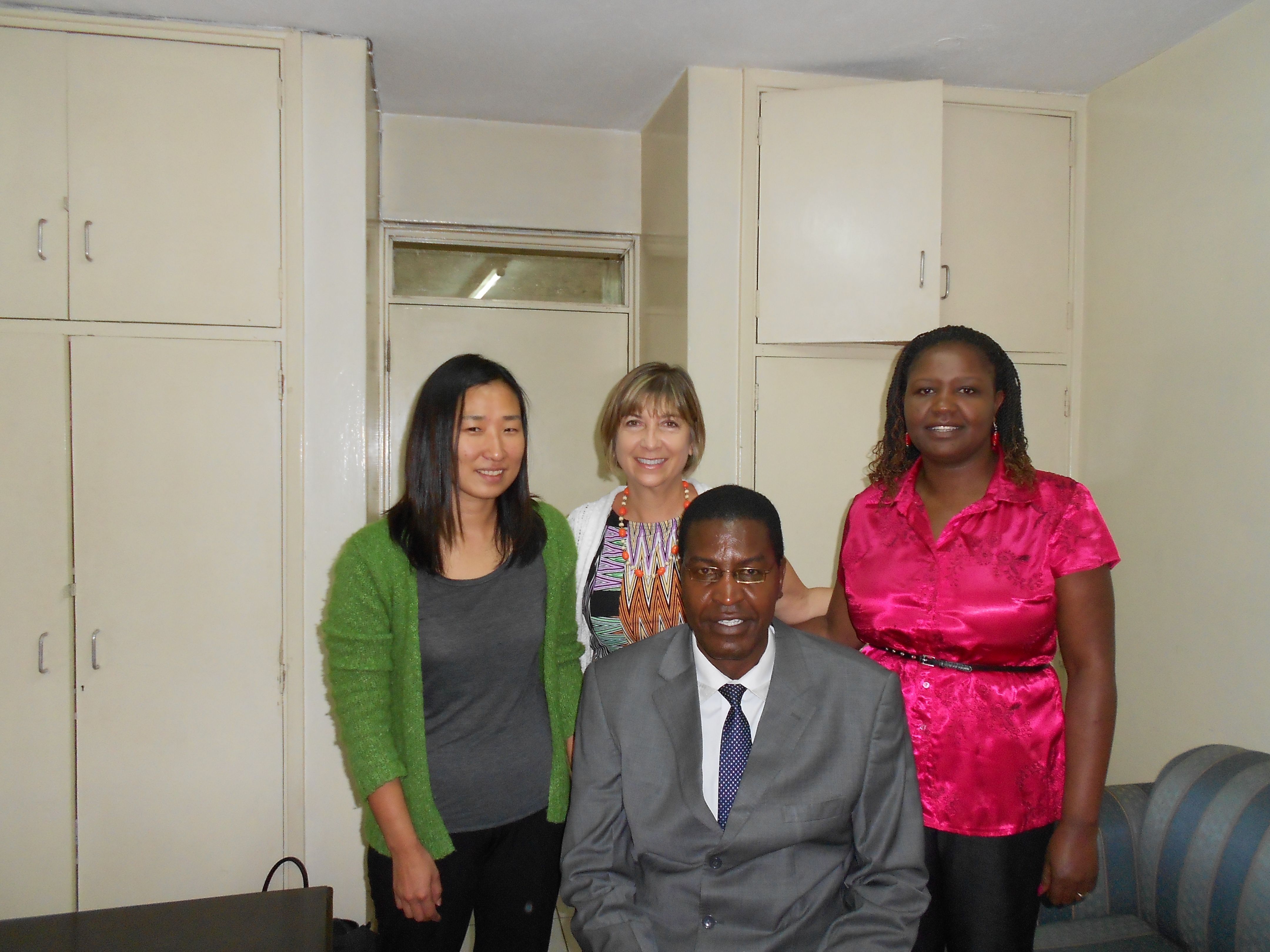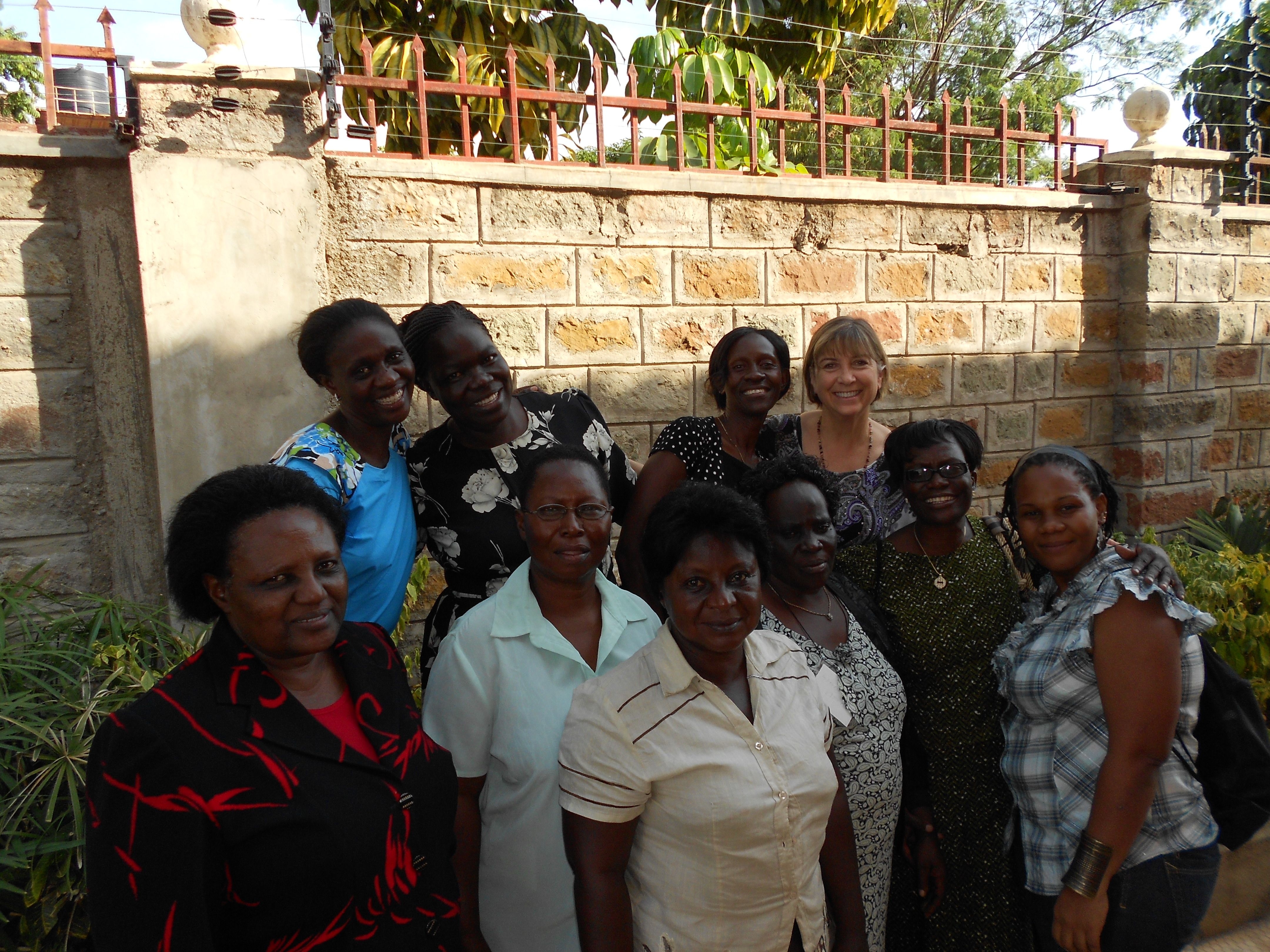The Real Price of Quinoa?
May May Leung, PhD, RD is an assistant professor at the CUNY School of Public Health at Hunter College. Her research expertise includes the development and evaluation of innovative health communication and community-based interventions to prevent childhood obesity.
Many of us are familiar with the golden grain with a funny spelling, quinoa (pronounced keen-wah). This grain, which is considered one of the most complete non-animal sources of protein, is harvested in the Andes Mountains of Peru and Bolivia. For generations, it has comprised a major part of the local diet however consumption patterns seem to be shifting as international demand for this nutritious food grows.
As a dietitian, it is promising to know that more people around the world are discovering this healthy grain, however, the impact on the local agri-community may not be as positive – local populations may be getting a mixed return on their agricultural investment. Over the past ten years, the demand for quinoa in the Western world has increased, which has resulted in new opportunities for Peruvian and Bolivian farmers to benefit from the rapidly increasing quinoa prices, which have tripled since 2006. Despite the economic benefits, there have been some reports of rising malnutrition in the areas of rapidly expanding quinoa harvest.
The local governments have expressed their support for the growing industry that brings in new jobs and solid revenue, but since its new status as a valued commodity, the healthy grain may be losing its appeal as a staple in the local diet. People find that imported goods cost less, and it’s more lucrative to sell quinoa than consume it. Peruvians and Bolivians seem to be swapping their rich source of nutrients for cheaper imported products, and in this exchange the less affluent communities maybe the ones who pay the real price.
May May Leung, PhD, RD is an



